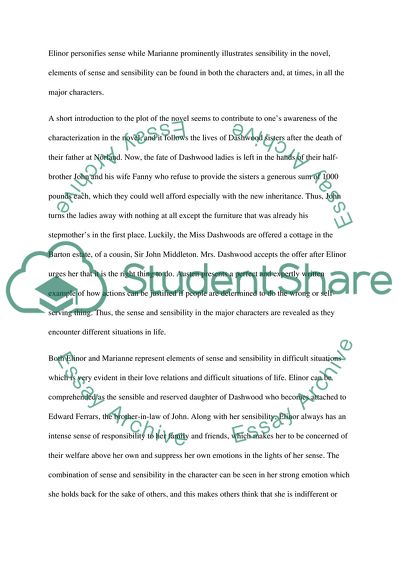Cite this document
(“Jane Austens Sense and Sensibility: The coexistence of contrasts in Essay”, n.d.)
Jane Austens Sense and Sensibility: The coexistence of contrasts in Essay. Retrieved from https://studentshare.org/literature/1550662-jane-austens-sense-and-sensibility-the-coexistence-of-contrasts-in-human-personality
Jane Austens Sense and Sensibility: The coexistence of contrasts in Essay. Retrieved from https://studentshare.org/literature/1550662-jane-austens-sense-and-sensibility-the-coexistence-of-contrasts-in-human-personality
(Jane Austens Sense and Sensibility: The Coexistence of Contrasts in Essay)
Jane Austens Sense and Sensibility: The Coexistence of Contrasts in Essay. https://studentshare.org/literature/1550662-jane-austens-sense-and-sensibility-the-coexistence-of-contrasts-in-human-personality.
Jane Austens Sense and Sensibility: The Coexistence of Contrasts in Essay. https://studentshare.org/literature/1550662-jane-austens-sense-and-sensibility-the-coexistence-of-contrasts-in-human-personality.
“Jane Austens Sense and Sensibility: The Coexistence of Contrasts in Essay”, n.d. https://studentshare.org/literature/1550662-jane-austens-sense-and-sensibility-the-coexistence-of-contrasts-in-human-personality.


